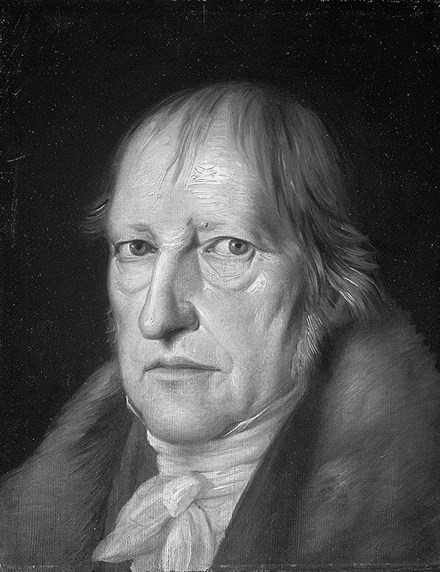
Publication details
Publisher: Palgrave Macmillan
Place: Basingstoke
Year: 2013
Pages: 71-83
ISBN (Hardback): 9781349443710
Full citation:
, "Chaos or completion", in: Interdisciplinary and religio-cultural discourses on a spirit-filled world, Basingstoke, Palgrave Macmillan, 2013


Chaos or completion
the work of spirits in history
pp. 71-83
in: Amos Yong, Veli-Matti Kärkkäinen, Kirsteen Kim (eds), Interdisciplinary and religio-cultural discourses on a spirit-filled world, Basingstoke, Palgrave Macmillan, 2013Abstract
In this brief chapter, I have two interrelated goals. The first is to establish what the concept of spirits means in light of historical studies. The second is to suggest ways in which such spirits can be seen to work in the course of history. As history is, if nothing else, an attempt to better understand the events and actions of the past, I suggest that it is only through the second goal that we might come to terms with the first. This chapter will begin by focusing on two significant contributors to an understanding of spirit in history, beginning with Georg W. F. Hegel and then Wolfhart Pannenberg. Following this, I will, in dialogue with contemporary historiography, suggest a model of understanding the being and work of spirits as they are involved in and through history. I will argue that in the revelation of history we learn that God is the determinative identity who, as spirit, creates everything, including other identities we call spirits. Such spirits are formed by God, given an ecstatic identity that remains dependent on God for life even as they have been given freedom for their own contributory interactions with this world in a way that reflects or resists God's own spirit. Such reflection and resistance occurs in, and indeed shapes, the process of history.
Cited authors
Publication details
Publisher: Palgrave Macmillan
Place: Basingstoke
Year: 2013
Pages: 71-83
ISBN (Hardback): 9781349443710
Full citation:
, "Chaos or completion", in: Interdisciplinary and religio-cultural discourses on a spirit-filled world, Basingstoke, Palgrave Macmillan, 2013


